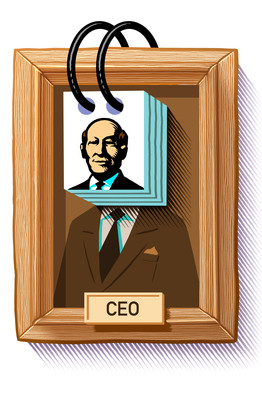“It’s funny that when people look back at their careers, the moments that stand out the most – the things they’re most proud of – are often the times that were the most uncertain” says Hugh MacLeod of Gapingvoid.

He continues about an example of great success (Netflix when it moved in video streaming instead of sending DVD through the post): “When they were stressed and afraid and not really all that sure anything was going to work out for the best…in fact, they were quite sure it wasn’t. But they kept pushing, until something gave way. That’s the thing about success. It doesn’t appear until it’s over and the results are in.”
It is obvious that it is when we push beyond our comfort zone that things feel uncertain for us. It is when we persist in our idea even if it looks weird that we are able to cross the chasm and reach a new state that seems more stable.
Don’t be afraid of uncertainty. Welcome it even if that is not comfortable and even if it exposes you to the critics of those who remain on the safe side.
Just go for it.











